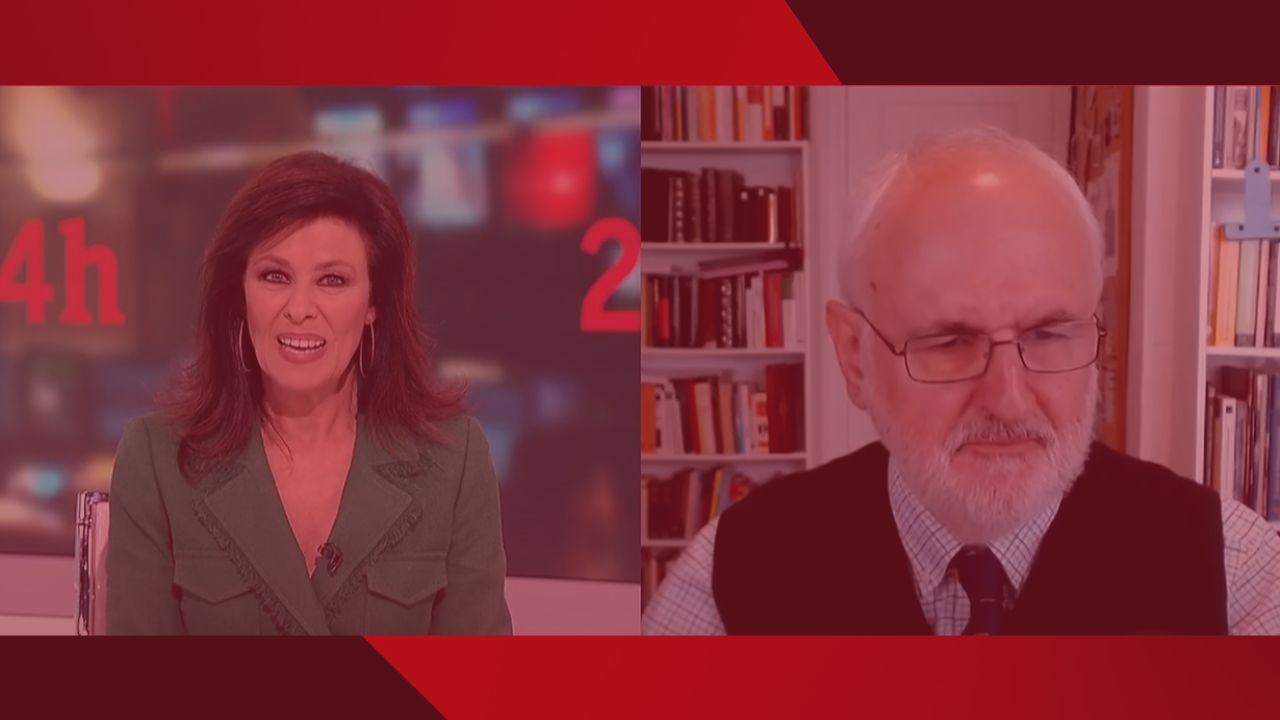Get up early, work late and find oil”, said the vastly criticized businessman John D. Rockefeller, undoubtedly the biggest capital tycoon in history. But those refineries of two centuries ago have nothing to do with the current techniques of natural resources exploitation. Among these, it is worth highlighting the enormous importance that fracking has had in recent decades. Fracking or hydraulic fracturing is a procedure that facilitates the extraction of oil, but especially the gas underground. It basically consists of opening a huge number of wells to inject through them pressurized water, in which a cocktail of chemicals and sand is diluted. It is thus possible to drill the rock that retains the previously inaccessible hydrocarbons.
After the energy revolution in the United States, the process eventually extended to Spain. Thus, the Shale Gas group, which is formed by five companies (BKN Petroleum, Heyco, R2 Energy, San Leon and Shesha), set its sights on the north of Spain, with the support of the People’s Party. The approval of the Government was such that even a reform of the Hydrocarbons Law was carried out, so that it would encourage investors to exploit our land. It should be noted, before forging an opinion on this government support, that the subsoil of the north of the Iberian Peninsula contains gas reserves equivalent to almost 70 years of all current national consumption, according to the 2013 report of the Spanish Association of Companies of Research, Exploration and Production of Hydrocarbons and Underground Storage (ACIEP) and that of Gessal.
So far, the development of the events seemed quite favourable, until the anti-fracking pressure groups questioned this innovative technique, pointing out the damage it does to the environment. Not only can it contaminate aquifers, it also releases methane into the atmosphere and can cause small earthquakes.
Social protests, together with the drop in gas prices, marked the beginning of the collapse of Spanish fracking. The final result was none other than the abandonment of the vast majority of related projects. Only a few resisted, such as Oil & Gas Capital in Seville, or Repsol el Fuengirola. The same happened in France, the United Kingdom, Germany or the Netherlands. The reason for the failure of this technique in Europe is an issue that does not need to be addressed in this article, which also does not intend to take a position on the environmental issue. Regardless of the different positions against hydraulic fracturing, it is striking that many of the signatory countries of the 2015 Paris Agreement against climate change carried out fracking within their borders.
We can say with certainty that the image that several pressure groups have offered on this type of hydrocarbon extractions does not correspond to reality. It is true that they release methane into the atmosphere, however, it is not usually taken into account that the fuel obtained is fundamental for the operation of the machines in the agricultural sector, as well as the gases, necessary for the production of fertilizers. Several studies show the compatibility of fracking with the environment if it is practised in the right places. And we can add the fact that burning natural gas is less pernicious than that of coal, since it releases less emissions.
In this debate, the economic impact and the large number of jobs that depend on the implementation of this technique are rarely taken into consideration. In addition, thanks to it, many more natural resources are obtained than with other extraction methods, such as percussion or rotation. A greater number of available resources implies that prices are lowered down, which has a positive impact on families. Thus, the amount of the energy bill for an average American household is approximately 800 USD a year, less than that of a European household.
The disparity of the rulings of the Constitutional Court has generated legal uncertainty
Fracking also hides an important legal dilemma. Many municipalities took a short time to demonstrate against them, differing more and more from the Government’s position. This led to the development of anti-fracking laws in the autonomous communities, which were appealed by the Executive before the Constitutional Court. He declared on several occasions that these laws exceeded the competencies of the autonomous communities, so they were repealed. Catalonia and the Basque Country embarked on the fight against the new technique by more discrete channels of prohibition, such as hindering its execution. However, these routes were also vetoed by the Constitutional Court in 2016 and 2018, respectively.
After these decisions, however, the same court has accepted that Castilla-La Mancha establishes a series of areas where fracking is excluded, restricted or allowed. The disparity of sentences by this court, independent and supreme interpreter of the Constitution, has generated a lot of legal uncertainty. The worst thing is that the problem does not end here, as fuel prices are escalating again, so it would not be rare if companies that abandoned their projects turn their eyes back to Spain.
It seems that the simple advice of Rockefeller made perfect sense at the time, when there was no obstacle in regard to the extraction of natural resources, and no one considered concepts such as ‘climate change’ or ‘caring for the environment’. Now, the tycoon would have had to get up earlier and work longer hours to achieve his goals. And even this could not be enough.






